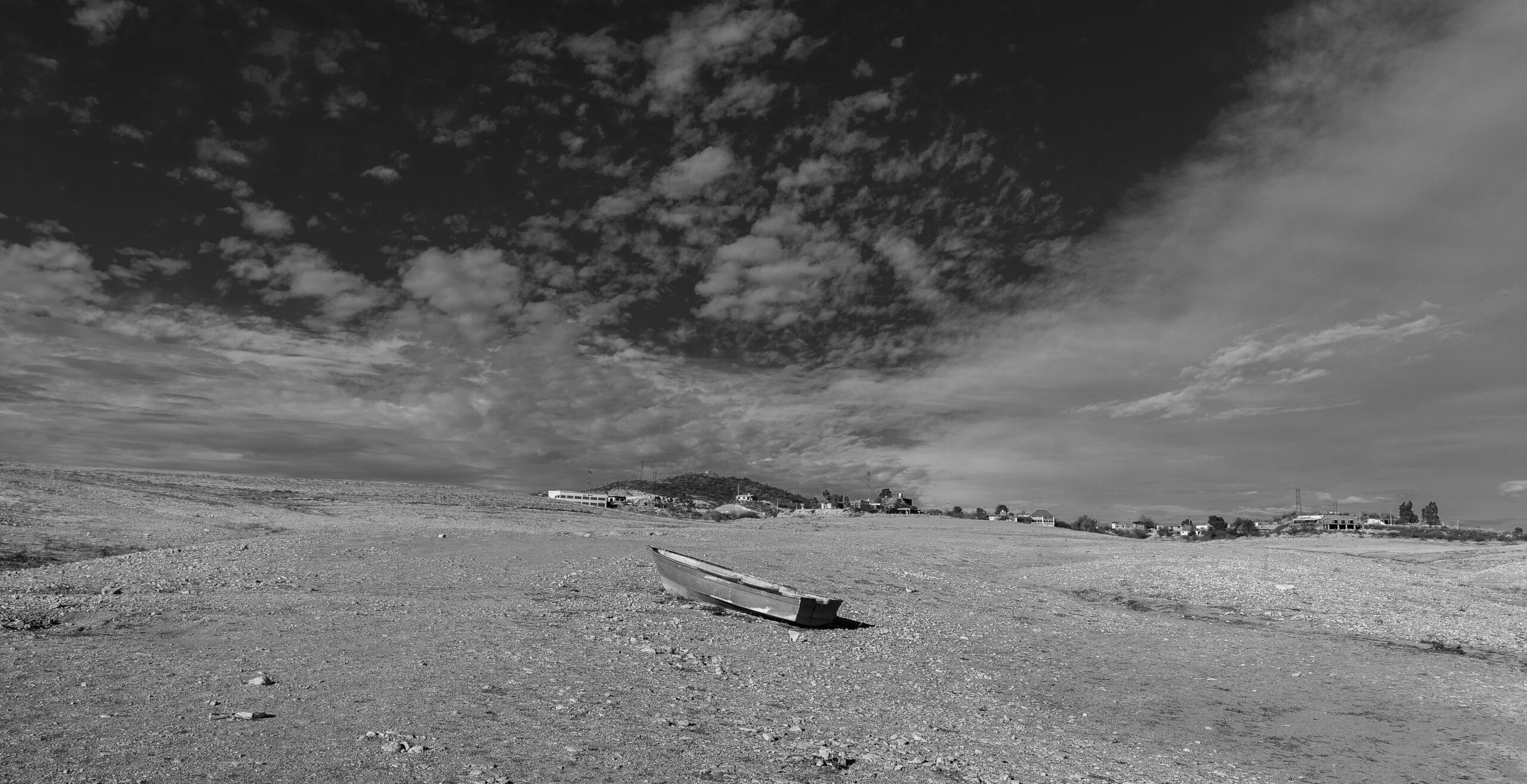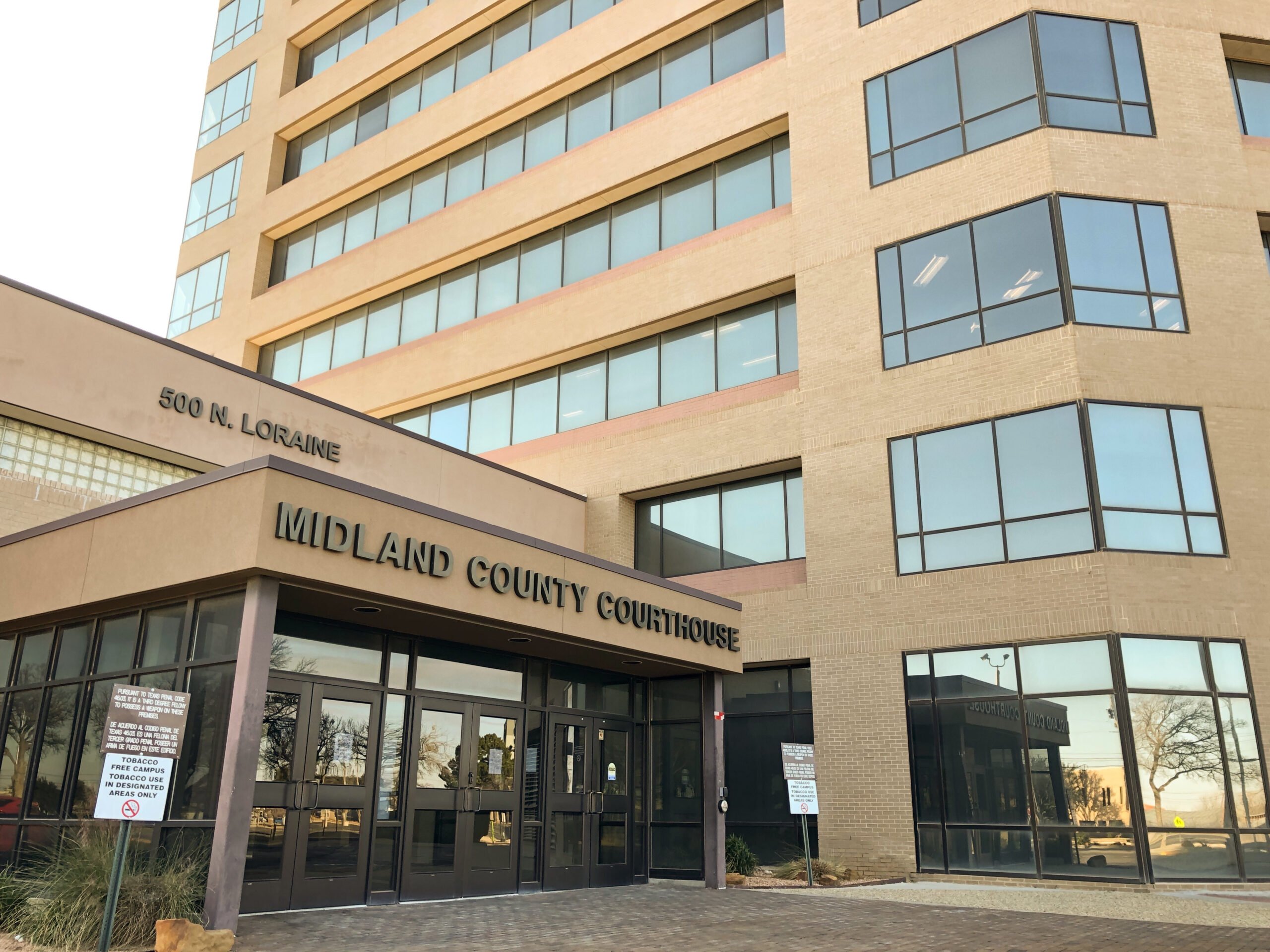ustxtxb_obs_1967_07_21_50_00006-00000_000.pdf
Page 3
have organized labor down here,” Schwai -z said. “That’s your judgment,” said Kennedy. “It’s the growers’ judgment,” Schwarz corrected. “That’s the growers’ judgment, but maybe the workers have another judgment,” Kennedy said, to more applause. “The quickest way to demonstrate that there is no need for federal legislation is for you gentlemen to demonstrate the leadership which makes federal legislation unnecessary,” Kennedy told Schwarz, and then flashed the Kennedy smile as more applause greeted the conclusion of his questioning along this line. To the assertion of Schwarz and the other area farm leaders that the proposed legislation would amount to compulsory unionism, Senator Yarborough took out his billfold, removed his Texas Bar Assn. membership card and, holding the card aloft, said this was his “union card,” a requirement for him to practice law in the state. He said he believes that workers have the right to organize and belong to a union. Mrs. Stites took particular exception to Yarborough’s remarks and asked him “Do you represent all of Texas?” “Yes, and you, too,” Yarborough answered. “Well, you just wait until you hear both sides,” she snapped. And so it went. LATE THAT afternoon, while the hearings were in their final hour the Valley’s most prominent radio station, Austin With . contributions of $2,350 already at work in the Rio Grande Valley, the Friends if the Valley Farm Workers feel they are well on their way to achieving their goal of $3,000 by August 1. The fund-raising efforts of this informal group of 25 Austin women grew out of the spurof-the-moment organization of a benefit patio party in _April which honored El Teatro Campesino, traveling folk dramatists from Delano, Calif. Held at the west Austin home of Mrs. Sue Randall, one of the founders of the “Friends,” that party was attended by more than 100 people and netted about $700 for la huelga. Encouraged by this response, Mrs. Randall and other party hostesses gathered more women together early in June and undertook a citywide telephone and mail appeal. KTBC-TV newsmen picked up the story and interviewed and filmed the group, televising their mailing party on June 8. Contributions are still coming in from as far away as Canada in response to that mailing and a follow-up one the largest check for $100, the smallest for $2, totalling $1,650.00 as of this writing. Gilbert Padilla, national vice-president of the United Farm Workers Organizing Committee and strike administrator in 6 The Texas Observer KRIO at McAllen, reported that Schwarz, Mrs. Stites, and the other farm leaders were being asked “sided questions by the Senators, who obviously favor unions.” The next morning’s edition of the Valley Morning Star, part of a chain of con servative papers that dominates the area’s journalism, published a two-column front page story that illustrated the three Democrats’ liberal proclivities, as re flected in ratings of their voting rec ords as compiled by the Americans for Democratic Action, the AFL-CIO’s Committee on Political Education, the National Associated Businessmen and the Americans for Constitutional Action. An editorial in the same paper that morning was headed “Farmers Playing Against Odds at Labor Hearing,” and re ferred to a “stacked deck” in that the sub committee is made up of Senators of “pro-labor political complexion.” “Sen. showed up late for the opening session of the hearing,” the Star editorial said, “and was cheered loudly by the spectators. Maybe he planned it that way to get maxi mum exposure.” The editorial went on to wonder why Sen. John Tower, Texas Re publican, hadn’t been invited to sit in on the hearings. Senator Yarborough had an nounced, as the hearings opened, that Tower had been invited, but had to de cline because of other engagements. Tower had aides attending both days. The local Starr County, wrote to the “friends” on June 14′: “You do not know how desperately we need money now. So much of our budget has been spent on bail bonds, which has been one method of trying to break the strike used by the establishment. Our, people have been through so much this last melon season, and to have the donations slipping off so drastically doesn’t help much . . . you can see how welcome your efforts are . . . ” Two members of the “Friends,” Mrs. Randall and Mrs. Ann Grubbs, traveled to Rio Grande City on June 29, hoping to attend the Senate subcommittee hearings on migratory labor. Although unable to get into the hearings, they talked with Padilla. “He was tremendously pleased with the help from Austin and the Friends of the Valley Farm Workers,” Mrs. Grubbs reported. The Friends of the Valley Farm Workers are planning an August garage sale, an autumn benefit dance, and a pledge campaign to be launched in early September. “If all sympathetic Texans would pledge and faithfully pay $2 or $5 a month, the people in the Valley could rely on a definite sum of money coming in regularly,” Mrs. Randall explains. “In Padilla’s words, we would then be ‘hastening the time when the farm worker will be able to eat three nourishing meals a day’.” TONI PALTER za, McAllen, didn’t attend, as the Senators had decided not to allow House members to question witnesses or testify. De La Garza said he had no complaint about not being permitted to participate. ‘ Williams, Yarborough, and. Kennedy were here both days of the hearings, joined by the Republican, Paul Fannin of Arizonia at Edinburg. Kennedy, who arrived an hour late the first day and left at noon on the second, dominated the questioning while he was here. At other times Williams carried the burden. Yarborough’s role was generally limited to listening and, at times, asking detailed questions whose answers reiterated points already made which he considered worth emphasizing. Fannin asked few questions; those he did ask generally were in rebuttal to points elicited of witnesses by the other Senators. Fannin interrupted a couple of times to defend the point a grower or agricultural leader might be making; once or twice he questioned the fairness of a question asked by a colleague. Kennedy seemed intent on learning what the various levels of leadership in Texasthe governor, county officials, farm leaderswere doing to meet the challenge posed by the evident and growing dissatisfaction of the workers. The answers he got, from the leaders who testified, invariably were that outside agitators were stirring things up, that the local workers are content otherwise, that area agriculture couldn’t stand the higher costs that unionization would mean, and that it was, really, nobody’s business but the growers’ and the workers’. GFILBERT PADILLA, the director of the Texas United Farm Workers Organizing Committee, AFL-CIO, told the Senators of a meeting he had last month with Texas Gov. John Connally. “I suggested to Governor Connally that he should encourage a democratic election to see if the farm workers want the privilege to organize.” “It’s more than a privilege,” Williams put in, “it’s a law.” Kennedy, who had stayed over in Houston the night before, Yarborough and Williams coming on down to the Valley then, entered at, this point, his arrival indicated by cheers from those standing in front of the courthouse. He came inside to the cheers of “Viva Kennedy” and “Viva La Justicia,” despite an earlier warning from Williams about demonstrations at Senate proceedings. When things settled down, Kennedy asked Padilla, “What you were interested in in your conversation with Governor Connally was for him to bring the prestige of his office . . . to bear on this problem?” Padilla said that was right. “What was his response?” Kennedy asked. “He said he was not going to ask the growers to let the workers organize,” Padilla answered. “You’re willing to abide by the outcome of any vote?” Kennedy asked. “That’s right,” Padilla said. This last point, Kennedy later said, was of particular importance to him. Another point of especial interest to Housewives for Huelga


